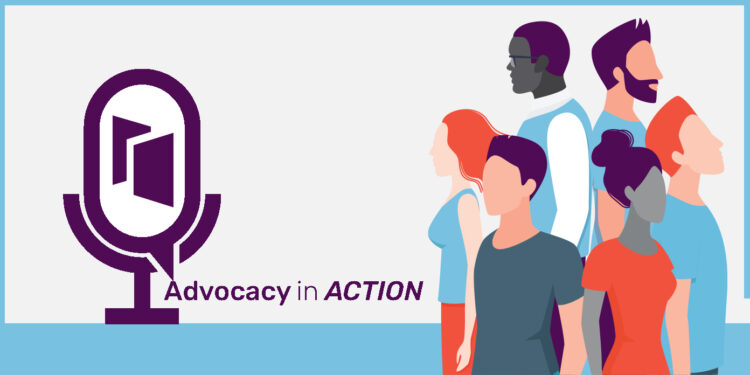Advocacy in Action: Chamber Submits Testimony on Senate Bill 916

The Springfield Chamber has identified Senate Bill 916 as one of the most important labor bills in the current session, and therefore has taken decisive action by submitting testimony in opposition to the bill on February 7, 2025 to the Senate Committee on Labor and Business.
This testimony aligns with statewide business associations including Oregon State Chamber of Commerce (OSCC), Oregon Business and Industry (OBI), and League of Oregon Cities (LOC), as well as testimony provided by chambers across the state. The purpose of SB 916 is to allow unemployment benefits to striking workers, which the Chamber argues to be unfairly burdensome to small businesses while the Unemployment Insurance (UI) system is funded entirely by employers. Read below to learn how the Springfield Chamber is standing on behalf of the local business community in opposition to SB 916.
Submitter: Vonnie Mikkelsen
Committee: Senate Committee on Labor and Business
Measure, Appointment, or Topic: Opposition to SB 916
Dear Chair Taylor, Vice-Chair Bonham, and Members of the Committee,
On behalf of the Springfield Area Chamber of Commerce, I write to express our strong opposition to SB 916. The Springfield Chamber represents a diverse network of businesses that drive our local and regional economy. This bill directly contradicts our core advocacy principles—economic competitiveness, workforce readiness, and a balanced tax system—by imposing unfair costs on employers and distorting the purpose of unemployment insurance.
Increased Financial Burden on Businesses and Public Employers
Oregon employers solely fund the UI system through payroll taxes. SB 916 would expand UI eligibility to striking workers, forcing businesses to subsidize labor disputes in which they may have no role in. This additional tax burden would hit small and mid-sized businesses hardest, further straining an already costly system and undermining job creation and retention.
Furthermore, public employers, already facing budget shortfalls across the state, would also struggle to absorb the increased financial strain. Unlike private businesses, public entities cannot easily adjust revenue streams, meaning higher costs could lead to service reductions, staffing cuts, or other unintended consequences that impact communities statewide.
Undermining Unemployment Insurance’s Purpose
The UI system exists to support workers who lose employment through no fault of their own. Strikes are voluntary actions, often part of negotiations, and should not be funded by unrelated employers. Providing UI benefits in these cases could disrupt fair labor negotiations, forcing businesses into financial concessions they may not sustain, ultimately harming both employers and workers.
A Harmful Precedent for Oregon’s Business and Economic Stability
SB 916 would set a troubling precedent by shifting the costs of private labor disputes onto the broader business and public employer community. The Springfield Chamber supports policies that promote economic growth and fiscal responsibility, not those that increase costs and instability for Oregon’s employers. For these reasons, we urge the committee to oppose SB 916 and instead focus on policies that foster job creation, economic stability, and a fair tax system.
Thank you for your time and consideration. We welcome further discussion on this issue.
Sincerely,

Vonnie Mikkelsen
President & CEO, Springfield Area Chamber of Commerce
The Springfield Chamber will continue to report on progress of this and other bills as they pertain to the business community in the region. For a detailed framework on the Chamber’s economic development and business advocacy guiding principles, as well as member advocacy services and legislative updates, please visit the Business Advocacy page on the Chamber’s website.
Discover more from Springfield Bottom Line
Subscribe to get the latest posts sent to your email.






